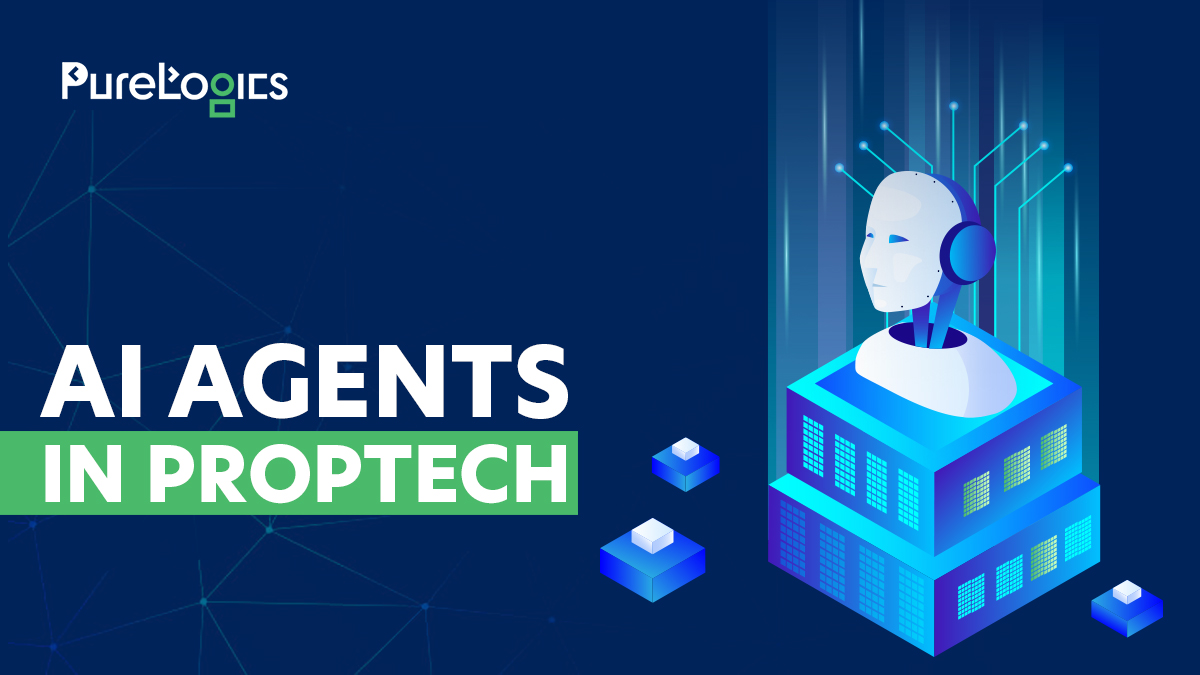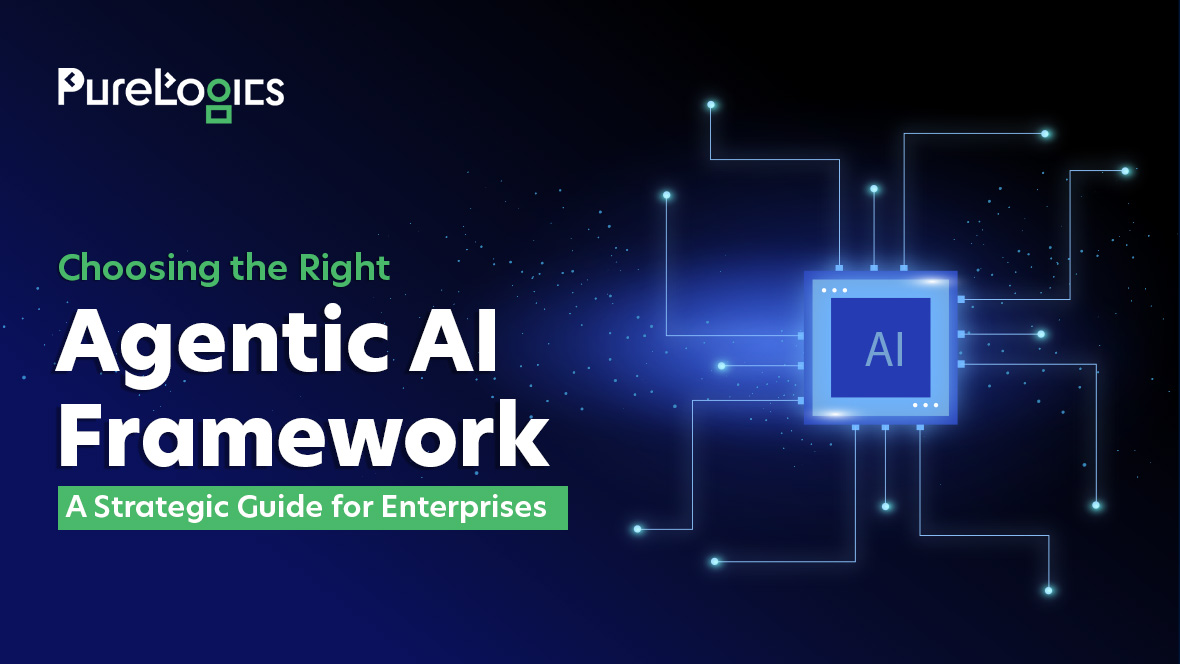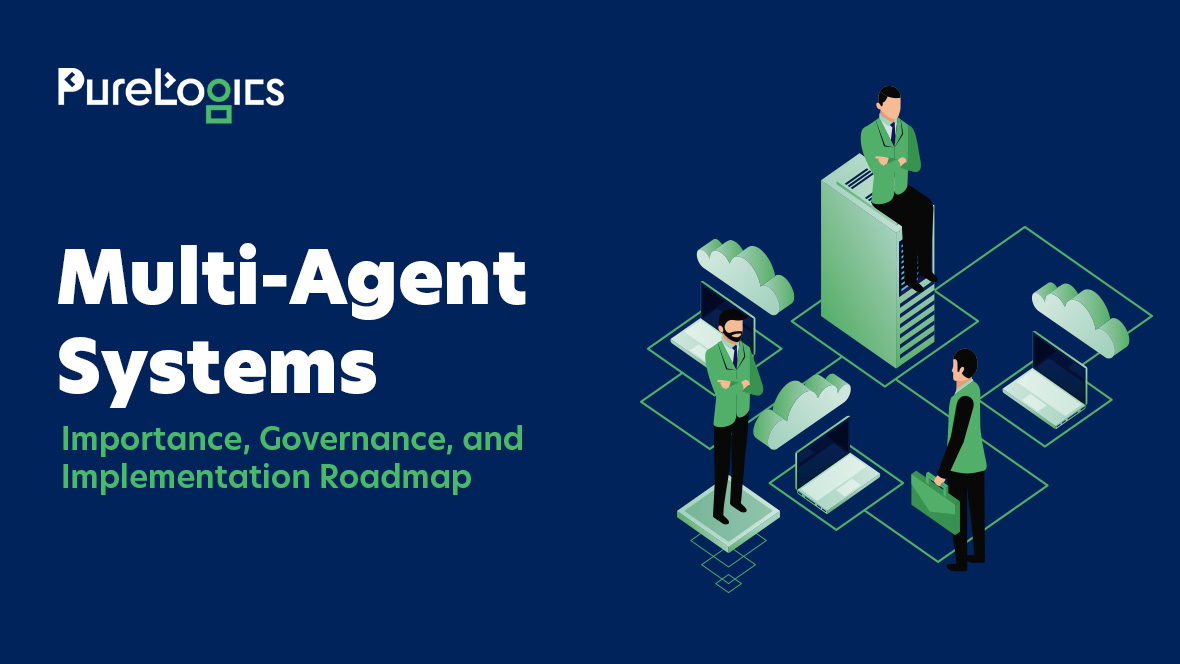In today’s competitive real estate market, efficiency and personalized service are essential for success. Whether you’re a real estate agency aiming to optimize property listings or a brokerage looking to improve client interactions, AI technologies are transforming every aspect of the industry. The influence of AI in real estate is significant. The market has grown from $164.96 billion in 2023 to an estimated $226.71 billion in 2024, boasting an impressive compound annual growth rate (CAGR) of 37.4%.
AI agents are revolutionizing business operations in this field, offering streamlined processes and enhanced customer experiences. AI agents facilitate real-time data analysis, offering deep insights into market trends, pricing dynamics, and investment opportunities. This capability empowers real estate businesses with better decision-making abilities, improved risk management strategies, and the agility to seize emerging opportunities.
Types of AI Agents
AI agents can be categorized according to their capabilities and the complexity of their behavior:
Model-based Agents
These agents maintain an internal model of the world, allowing them to predict future states and plan their actions accordingly. Instead of merely reacting to the present, they consider the consequences of their actions and make decisions based on potential future outcomes. A self-driving car, using its sensors and maps to navigate the road, exemplifies this type. Model-based agents are more complex than reactive agents, capable of nuanced and strategic behavior.
Reactive Agents
These are the simplest AI agents, responding directly to sensory input without memory or planning. They function like stimulus-response machines, taking immediate actions based on the current state of the environment. Think of a thermostat that turns the heat on or off based on the room temperature. While effective for simple tasks, reactive agents cannot learn from past experiences or plan for the future.
Goal-oriented Agents
These agents are driven by specific goals they aim to achieve. They strive to reach a desired state or complete a particular task, using strategies and planning to meet their objectives. An AI-driven chess player aiming to win by strategically moving its pieces is a classic example. Goal-oriented agents exhibit more purpose-driven behavior than reactive or model-based agents.
Learning Agents
These agents are designed to improve their performance by learning from experience. They adapt their behavior to become more efficient and effective. An example is a chatbot that learns from user interactions to provide more accurate and personalized responses. Learning agents are the most advanced type, continually evolving and refining their abilities through ongoing interaction with their environment.
Are You Tired of Slow Processes and Missed Opportunities?
Supercharge your real estate operations with Us.
Crucial Components of AI-driven Real Estate Solutions
The architecture of AI agents designed for real estate includes several crucial components. These components facilitate processing input data, reasoning, action planning, and execution based on contextual requirements, optimizing the real estate process for efficiency and effectiveness.
Input
The input component is responsible for capturing and processing diverse inputs from users and other agents. These inputs are predominantly in auditory, textual, and visual formats in real estate. Examples include:
Auditory input: Voice commands and queries from real estate agents or clients.
Visual input: Property images, floor plans, and virtual tours.
Textual input: Emails, messages, property descriptions, and customer feedback.
These inputs guide the AI agent’s actions and decisions, ensuring they are aligned with user needs and market conditions.
Brain
The brain is essential for the cognitive functions of the AI agent, including reasoning, planning, decision-making, and memory. It incorporates several modules:
Profile module: This module defines the agent’s role and function, establishing its purpose for a given task. This could involve categorizing properties, understanding buyer preferences, or identifying market trends in real estate.
Knowledge module: Houses domain-specific information such as market data, legal regulations, and property details. This module aids in planning and executing actions based on comprehensive, up-to-date information.
Planning module: This module determines appropriate actions based on task requirements and strategizes the steps needed to accomplish tasks like property valuation, client outreach, or marketing campaigns.
Memory module: This module stores past interactions and experiences, enabling the agent to learn from previous engagements. This is crucial for providing personalized recommendations and improving client interactions.
Action
The action component executes the planned actions by leveraging the brain’s processes. An LLM-based real estate AI agent can decompose complex tasks into manageable steps, each associated with specific tools from its toolkit. This ensures efficient and accurate task execution by utilizing the right tools. Examples of actions include:
Property estimation: Using market data and property features to estimate accurate property values.
Client outreach: Personalizing communication strategies to engage potential buyers or sellers.
Marketing campaign: Deploying targeted ads and content to attract prospective clients.
Practical Applications of AI Agents in Real Estate
Artificial Intelligence (AI) has penetrated various industries, revolutionized traditional processes and boosted efficiency. In real estate, AI agents are transforming how properties are bought, sold, managed, and financed. These intelligent agents use machine learning, natural language processing (NLP), and data analytics to provide more accurate valuations, enhance customer service, and optimize operational processes. Here are some key applications:
Property Evaluation & Pricing
Predictive analytics for industry trends: AI agents leverage predictive analytics to forecast market trends, aiding investors and real estate professionals in making informed decisions. By examining historical data and current market conditions, AI agents can predict future property values, rental prices, and the demand for specific property types. This information is vital for strategic planning and investment.
Automated valuation models: AI agents utilize Automated Valuation Models (AVMs) to quickly and accurately estimate property values. These models analyze multiple data points, including recent sales, property characteristics, and market trends, to determine a property’s fair market value. By continuously learning from new data, AI agents offer real-time updates and more precise valuations than traditional methods.
Effective Property Management
Tenant screening: AI agents streamline tenant screening by analyzing applications, credit reports, and rental histories. These systems can identify potential red flags and assess the likelihood of a tenant defaulting on rent or causing property damage. By automating this process, property managers can make more informed decisions quickly.
Predictive maintenance: AI agents can predict when maintenance is needed, helping property managers address issues before they escalate. By analyzing data from IoT sensors and historical maintenance records, AI can identify patterns and predict equipment failures or necessary repairs. This proactive approach minimizes downtime and maintenance costs.
Lease management: AI agents enhance lease management by automating tasks such as renewals, rent adjustments, and compliance monitoring. These systems ensure lease agreements are correctly enforced, and all parties adhere to their obligations. This automation improves the efficiency and accuracy of lease management processes.
Better Customer Service
Chatbots & virtual assistants: AI-powered virtual assistants and chatbots improve customer service by providing instant responses to inquiries. These AI agents can handle various tasks, from answering questions about property listings to scheduling viewings. Their 24/7 availability ensures potential buyers and renters receive timely assistance, enhancing the overall customer experience.
Customized property recommendations: AI agents analyze user preferences and behavior to offer personalized property recommendations. These systems consider budget, preferred location, and desired amenities to suggest properties that best match a user’s needs. This personalization increases the likelihood of a successful transaction and boosts customer satisfaction.
Safety & Security
Disaster readiness & response: AI aids property managers in preparing for and responding to natural disasters by forecasting risks and coordinating emergency responses. AI agents analyze weather patterns, historical data, and other risk factors to develop comprehensive preparedness plans and ensure prompt and effective action during emergencies.
Security tracking: AI agents boost security by overseeing surveillance systems and spotting potential threats in real-time. Using machine learning algorithms, these systems can identify unusual activities or unauthorized access, instantly alerting security personnel. This enhances safety for both residential and commercial properties.
AI Agents: Revolutionizing the Real Estate Industry
AI Agents
The role of AI agents in the real estate industry is set to expand significantly in the coming years. Here are some potential future developments:
Negotiation agents: AI agents with advanced decision-making abilities could assist in negotiating real estate deals. These agents could suggest optimal negotiation strategies by considering factors like market conditions, buyer and seller preferences, and historical data.
Virtual staging agents: AI agents could create virtual staging environments using computer vision and 3D rendering technologies. This would help prospective buyers visualize how a property might look with different furniture and decor arrangements.
Compliance & legal agents: AI agents trained in legal and regulatory aspects could ensure compliance with real estate laws. They would review contracts and identify potential transaction issues or risks, aiding in smooth and compliant real estate operations.
Property management agents: AI could streamline property management by overseeing and optimizing maintenance schedules, utility usage, and tenant interactions. These agents would adapt to changing conditions and preferences to enhance property management efficiency.
Smart building agent: Integrated into building management systems, AI agents could optimize energy usage, security, and maintenance. By continuously monitoring and adjusting to changing conditions and occupant preferences, these agents would enhance buildings’ overall efficiency.
Concluding Thoughts
AI agents are dramatically changing the real estate industry, bringing transformative capabilities to various aspects. The integration of AI speeds up property transactions and management and supports sustainability efforts with optimized energy use and eco-friendly development planning.
As AI technology advances, its role in real estate is expected to grow, unlocking new opportunities in market research, transaction management, and financial optimization. Collaborating with an AI development company is crucial for real estate businesses to leverage these innovations effectively.
Discover the game-changing potential of AI agents in real estate with PureLogics AI experts. Learn how our solutions can enhance property valuations, improve customer interactions, and streamline operations to advance your business in the digital era. Contact us today!


 [tta_listen_btn]
[tta_listen_btn]
 September 6 2024
September 6 2024






